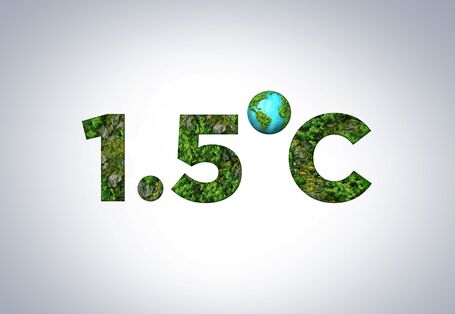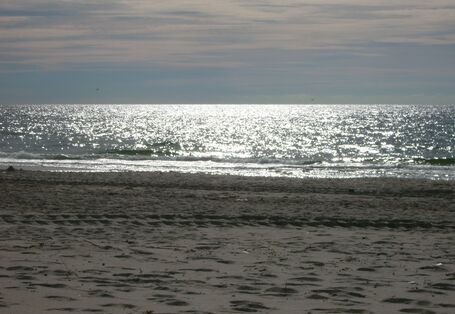The 1.5°C goal of the Paris Agreement

What do people mean when they talk about the “1.5°C goal” in the context of climate change? What is the origin of this value and how is it quantified? What happens if we exceed it – is there any way back down below a global warming of 1.5°C? In this text, we look at the emergence of the 1.5°C goal of the Paris Agreement and explain why we need to keep it within reach.





